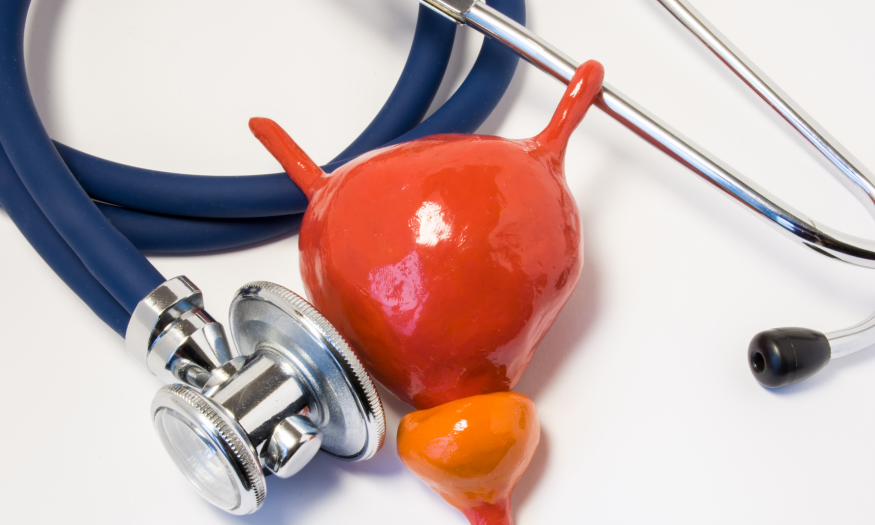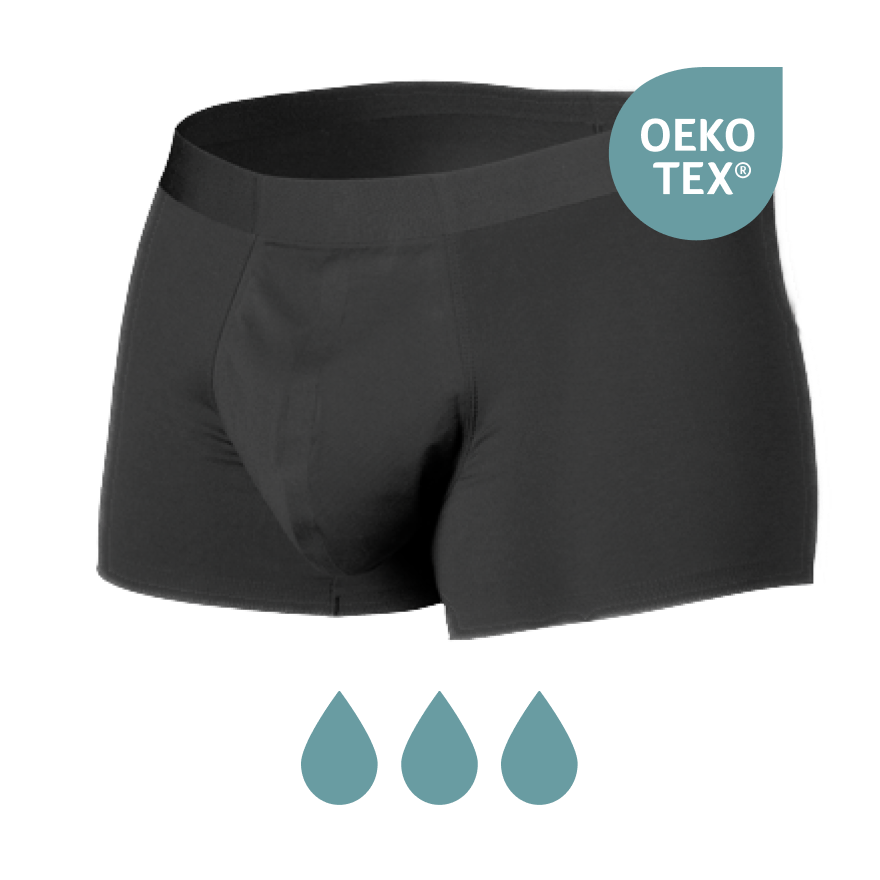Introduction
A healthy bladder is essential for our overall well -being, but the importance of it is often overlooked. Many people only realize how important a healthy bladder is when they start to experience problems. In this extensive guide we will discuss everything you need to know to keep your bladder healthy and to prevent common problems.
What is a bladder and why is it important to ensure?
The bladder is a hollow organ in the pelvic area that is responsible for storing and removing urine from the body. A healthy bladder function is crucial for the preservation of the urinary tract system and the prevention of infections and other complications. If the bladder does not function properly, various problems can occur, including urinary tract infections, incontinence and bladder stones.
Anatomy of the bladder and urinary tract
The urinary tract system consists of four important parts: the kidneys, bladder, ureters and urethra. Let's take a closer look at each part.
Kidney
The kidneys are two bean -shaped organs in your lower back, under your ribs. Blood passes the kidneys while circulating through the body. The excess of moisture and waste products multiply with urea produced by the kidneys to form urine.
Bladder
The bladder is a balloon -like organ that is located under your kidneys. It has the task of collecting and retaining urine until it's time to leave the body. When your bladder gets full, nerves send a message to your brain that it's time to pee.
Ureters
Ureters are two thin tubes that connect your kidneys to the bladder. After the kidneys have produced urine, the urine moves through the ureters and it arrives in the bladder for storage.
Urethra
The Urethra is a tube that runs from your bladder to your body. In women, the opening of the Urethra is in front of the vagina. In men, the opening of the Urethra is at the top of the penis.
When it is time to go to the bathroom, you relax the muscles that support your bladder, known as the pelvic floor muscles. This process makes the bladder muscles softer and makes two rubber band -like muscles (called the sphincters) broaden. As soon as the sphincters open, urine flows from the bladder through your urethra and in the toilet.
The importance of a healthy bladder
A healthy bladder helps remove your body excess moisture and waste. Moreover, it supports your kidneys so that they can function well. When they work well, your kidneys help:
- Blood pressure regulation: your kidneys produce hormones that maintain blood pressure. Healthy blood pressure can lower the risk of heart disease, heart attacks and strokes.
- Regulation of electrolytes: electrolytes are salts that guide electrical energy through your body. They help your muscles move and keep your blood acid degree in the ideal range, while making sure your body retains a healthy moisture balance.
- Enforcement of healthy bones: when your kidneys work well, they can efficiently remove excess phosphorus from the body. Too much phosphorus in your body can lead to loss of calcium that weakens the bones.
- Help with the production of red blood cells: red blood cells transport oxygen through your body to make every system function properly. The kidneys produce hormones that are needed for the production of red blood cells.
5 tips for a healthy bladder
Here are some practical tips to keep your bladder healthy:
1. Hydration is essential
It is important to drink enough water to keep your bladder well hydrated. Water rinses toxic substances from your body and helps prevent bladder infections.
2. Watch your diet
Some foods and drinks can irritate your bladder and increase the risk of infections. Avoid caffeine, alcohol, seasoned food and artificial sweeteners and opt for healthy, fiber -rich food instead.
3. Practice your pelvic floor muscles
Strong pelvic floor muscles can help prevent incontinence and other bladder problems. Consider pelvic floor exercises to include in your daily routine.
4. Avoid for a long time to stop urine
The cessation of urine for long periods can lead to bladder problems and urinary tract infections. Try to go to the toilet regularly and take the time to completely empty your bladder.
5. Move a healthy weight
Overweight can increase the pressure on your bladder and increase the risk of incontinence. By maintaining a healthy weight, you can keep your bladder healthy and prevent complications.
When should you consult a doctor?
If you regularly experience bladder problems, such as peeing pain, frequent urination or inability to completely empty your bladder, it is important to consult a doctor. These symptoms may indicate an underlying medical condition that requires professional treatment.
Conclusion
A healthy bladder is essential for your overall well -being and quality of life. By following the aforementioned tips and paying attention to your wind health, you can prevent common problems and enjoy an active and comfortable life.
















